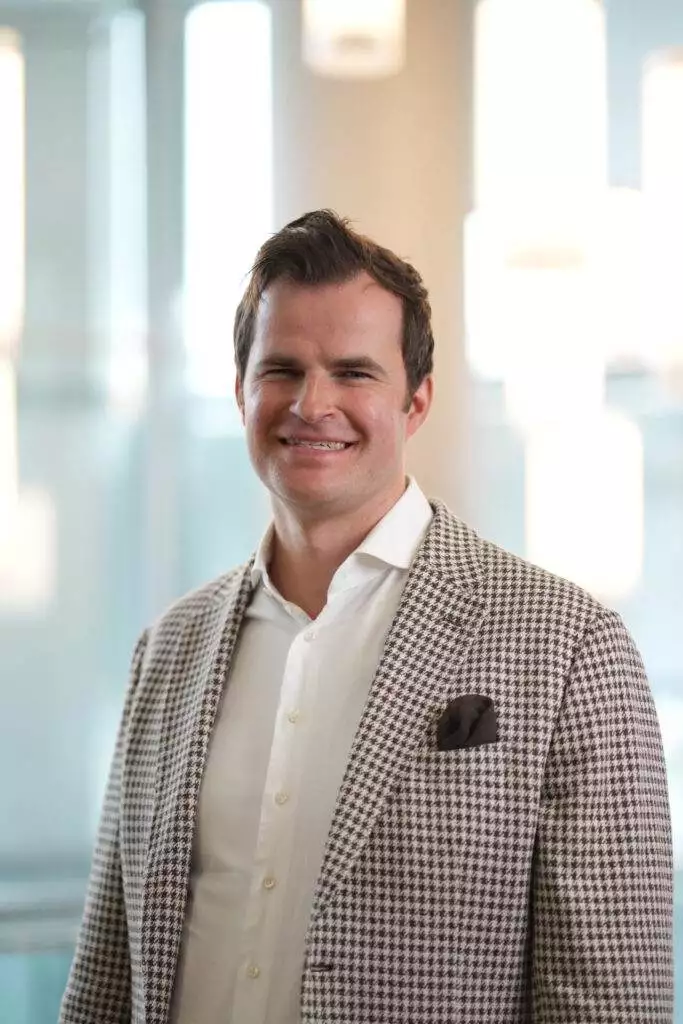Over the last 20 years, a long-term study has been conducted in the USA with 14,000 salespeople from various B2B industries to answer a single question:
What sets top performing Sales Super Stars (hereinafter referred to as SSS) TPV apart from the rest of the field?
What do you think? Is it the experience, is it predisposition, or is it simply the number of hours / calls or meetings that a salesperson carries out?
Before we answer this question, take a look at your current sales organization from a birdʼs eye view:
Most likely you will find a classic Pareto distribution in the performance of your sales team:
20% or less of your entire sales organization (whether it includes 8, 80 or 800 people) generates 80% of the sales or gross profit of your entire sales force. gesamten Vertriebsmannschaft.
The crucial question that we need to ask ourselves is: How to convert the 80% of these below average performing salespeople to generate more, enabling them to become an SSS and hence join the top 20% of their sales team?
The "how to" always depends on the individual company, but it is extremely worthwhile to first look at the characteristics of SSS that their fellow colleagues do not (yet) have. My experience from the implementation of numerous sales projects and conducting training of several hundred salespeople from various B2B industries shows the following five attributes:
1. An SSS has a really serious interest in its counterpart
When I ask salespeople what they think is most important in the first meeting with a new prospect they mostly all quickly mention "building trust". So far so good, but how does it work?
An SSS is so interested in the needs, challenges and simply the personality of their counterpart that you might think they want to understand the prospective company better than their own!
Ask yourself critically who of your sales team is listening to your counterpart in order to really understand him or her? Or are they just waiting for the gap to talk and push forward their own agenda, which is - you guessed it – closing. You can measure who really listens by checking whether the sales persons speaking share is 20% or less, especially in the first meeting.
2. "Airtime" with the customer
Did you know that the average B2B salesperson spends only 5.5 hours or less per week physically with customers? An SSS knows that the lion's share of the deal is not done in the office, not even in a webex, but directly at the customer's site. An SSS has the highest number of customer visits in terms of sales (across all industries), regardless of whether it is an existing customer (as a key account) or a new customer ("hunter"), because they know that every time they talk to a customer, they learn something new - possibly something crucial for the deal or a new deal. I have never had a single sales meeting (out of several thousands) where I did not learn something worthwhile new about my client, which helped me to anticipate or even create need.
3. Very early identification of the real decision maker
Unfortunately, it is a trend in many companies that more and more decisions are made by several parties or even by "steering committees". This often delays necessary decisions far too long.
An SSS will very quickly try to determine whether it is really the true decision-maker (someone who has authority to sign your proposal) to talk to, not only to avoid wasting time, but also to increase the probability of closing deals more quickly.
It makes 0% sense to make an offer to a non-decision maker (especially if you are selling innovative products), even if they assure you that they only have to show the offer to their boss and that the approval is just a formality.
This is then often the last thing the sales person hears from the customer.
An SSS develops an intimate understanding of the customer's processes through the above-mentioned serious interest in the customer and uses the trust that has been built up to get the first contact to be introduced to the real decision-maker.
4. Daily training of self-esteem
What do Olympic champions; football stars and entrepreneurs have in common?
Most of them train their self-esteem every day by visualizing successes, but also by recalling past failures in order to turn them into imaginary successes.
Antje Heimsoeth aptly describes in her book "Mental Strength" that our brain cannot distinguish whether we are actually experiencing something or whether we only imagine that we are experiencing something.
So why is the training of self-esteem worthwhile for salespeople?
Well, salespeople spend most of their time alone at the customer's premises, therefore alone in the car or when working from home. That is why it is so important to be able to control one's thoughts and especially emotions, especially after a failure. Visualising success can lead to actual successes!
5. Before the deal is after the deal
A few days ago, I was talking to an O-Liner of an American Football team at a friend's party. An O-Liner is the offense player and has the job of keeping the quarterback safe - after he has thrown the ball into play - by protecting the quarterback from attacks by the opposing defence. As you may know, the quarterback has a decisive influence on the course of the game, as he is the first to put the ball into play.
Asked about this gruelling job, the O-Liner made it clear to me that his commitment depends largely on how much he likes the quarterback. He also made it clear that he had already played for some quarterbacks who had appeared arrogant or simply thought they were better than him. For these he would not stand up for so much as for someone who shows him honest respect.
You see the analogy:
An SSS knows that the internal "deal" is almost even more important than the external one at the customer's site. A new customer is first of all "more work" for the operating staff.
Ultimately, the operational colleagues have an enormously high value-added power through the day-to-day business with the new customer. The stronger the relationship between these operational employees and the salesperson, the higher the speed and quality of the customer's feedback.
Result: Significantly larger sales growth opportunities of the customer.
Having said that, I have arrived at the resolution of the initial question What sets top performing Sales Super Stars (SSS) apart from the rest of the field? The answer and result of the long-term study was that only the daily routine decides how successful a salesperson becomes!
The good news is that every salesperson has almost complete control over how successful he or she can become by adopting new habits and breaking old ones. Other factors are the company`s management and the incentive system, which I will discuss in another article.
Sure, sales talent helps, but this share is much lower than many think and often just a poor excuse for not wanting to work on oneself!
Now imagine how your turnover or return on sales would develop if your average performing salespeople not only acquired the habits and skills described above, but also trained them regularly. What would happen if we could convert this 80% of average performing salespeople into Sales Super Stars? Even if only half of them would become SSS, the impact and results would still be huge!
I guarantee you: Any sales organization, no matter how large or small, can improve their performance by at least 50% with the existing team! This not only saves expensive hiring costs but also strengthens team motivation.

